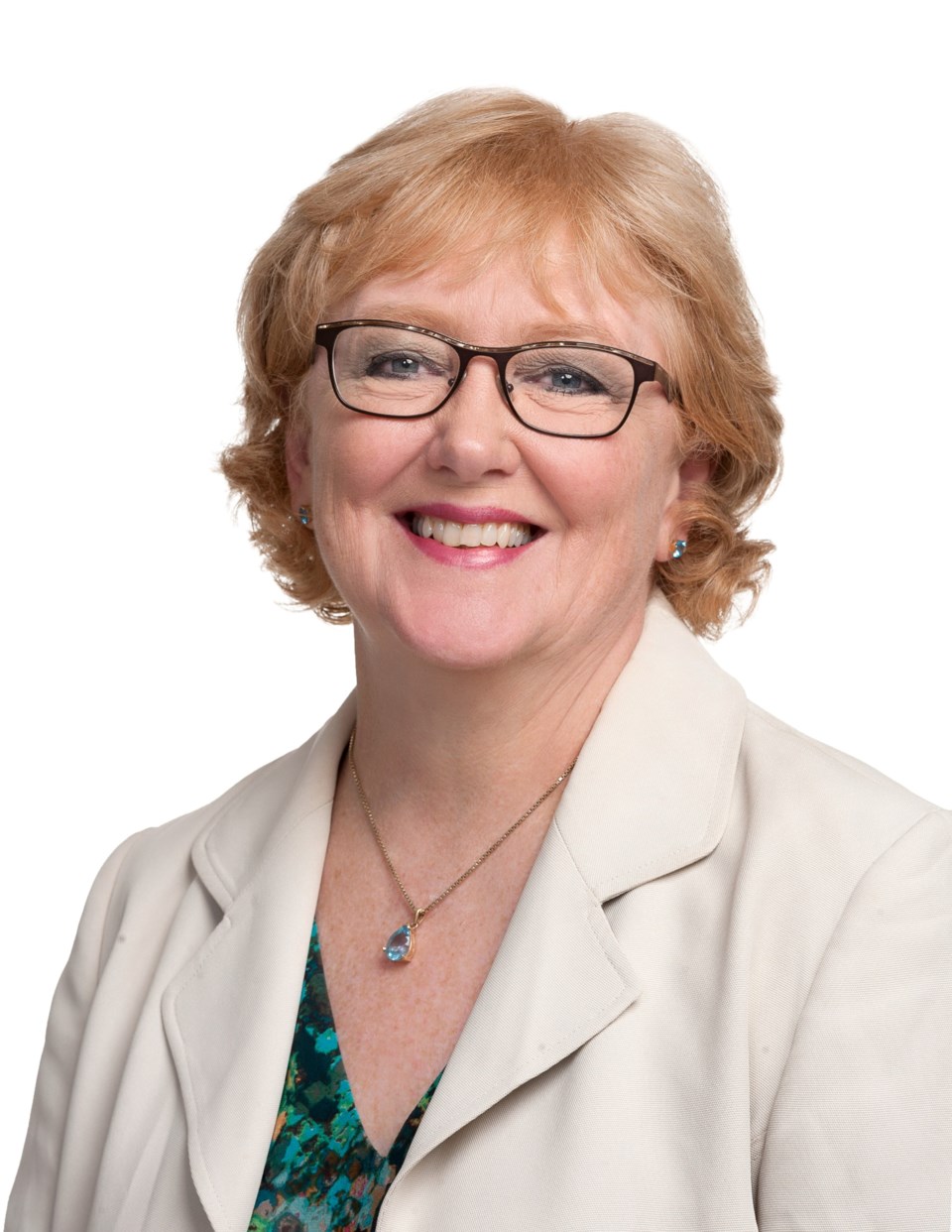Ninety per cent of Canadians say they support organ donation, but only 32 per cent have actually registered to donate their own organs or tissues, according to Canadian Blood Services.
New measures in Alberta aim to close that gap through education, specially trained staff and a process known as “mandatory referral.”
The goal is to create a culture where making decisions about organ and tissue donation is a standard part of end-of-life care, according to Dennis Diogovic, medical director of deceased organ donation for northern Alberta's donation program.
“Organ donation is just as important to discuss with families as medications or religious observances or having family visits with critically ill patients,” Djogovic said. “I look at it as part of that individual's right — to have the ability to make that decision.”
The changes should save lives and money, said Lori West, who leads the Alberta Transplant Institute and helped make the case for Bill 205, an update to the organ donation law which came into effect in May.
“The Spanish talk a lot about having a ‘culture of donation,’ where because people need organs and you don't need them any more after you die, it’s assumed that people will embrace organ and tissue donation,” West said. “It becomes a different way of thinking about it, and it becomes the default, rather than the exception. Families are still approached for consent, but this culture is one important element in a system that facilitates donation.”
Hundreds of Albertans in need
More than 400 organ and tissue transplants were performed in Alberta in 2021, while 312 people were on the wait list for organ transplants and 50 died before a suitable organ became available, according to Alberta Health Services.
A single donor can save up to eight lives and 75 people could receive tissue from just one person. Liver, kidneys, heart, corneas, skin — all may be eligible for donation following a catastrophic injury that leads to brain death or a severe neurologic injury from which no recovery is expected. The death must occur in hospital under specific circumstances.
“It may be a motor vehicle collision; it may be a cardiac arrest from a heart attack that led to prolonged CPR and the brain didn't recover from lack of oxygen,” Djogovic said. “These are often young, healthy individuals and these are not planned situations. Less than two per cent of hospital deaths could actually result in deceased organ donation, which makes the gift so rare and so important.”
Share your wishes
Albertans may provide their legal consent for donation through the online Alberta Organ and Tissue Donation Registry. You can specify which organs or tissues you would like to donate, or whether you would like to give your entire body for scientific research or medical education.
If you do choose to donate, a small heart symbol will be added to your driver’s licence. However, both West and Djogovic highly recommend that you discuss your wishes directly with your family as well, because if you end up in a situation where your organs might be eligible for donation, they will be asked to give their consent.
Bill 205 changed the Alberta system from “mandatory consideration” to “mandatory referral,” a subtle change Djogovic hopes will mean that every potential donor family is referred to a donation agency in a timely manner, given information about donation and given the chance to make a choice. The agency also assesses whether the dying patient’s organs are suitable for donation.
The hope is to avoid missed opportunities for people on the transplant waitlist to receive much-needed organs, said Djogovic.
Even in places with presumed consent rules like Spain, considered a world leader in organ donation, and Nova Scotia — where citizens register only if they do not want to donate — consent is still obtained from families, saiid West.
In Alberta, when the patient has registered their wishes, the conversation about whether to give consent for donation is pretty straightforward. If they haven’t, or it’s never been discussed in the family, it’s tougher.
“At the end of the day, what we like to know is what would the individual want. And we look to the family to be our guide,” said Djogovic, who has worked in critical care for 17 years.
He refers to the “Logan Boulet effect," after a young Humboldt Broncos hockey player, killed in a bus crash in 2018, saved six lives with his organs. More than 150,000 Canadians signed registries in response to his story.
“Organ donation is a gift, and you can’t take a gift, it has to be given. Logan’s story makes you realize that we're not all strangers, we actually are all linked, and Canadians like to help each other,” Djogovic said. “That's where my optimism comes from.”
Article courtesy of University of Alberta folio




